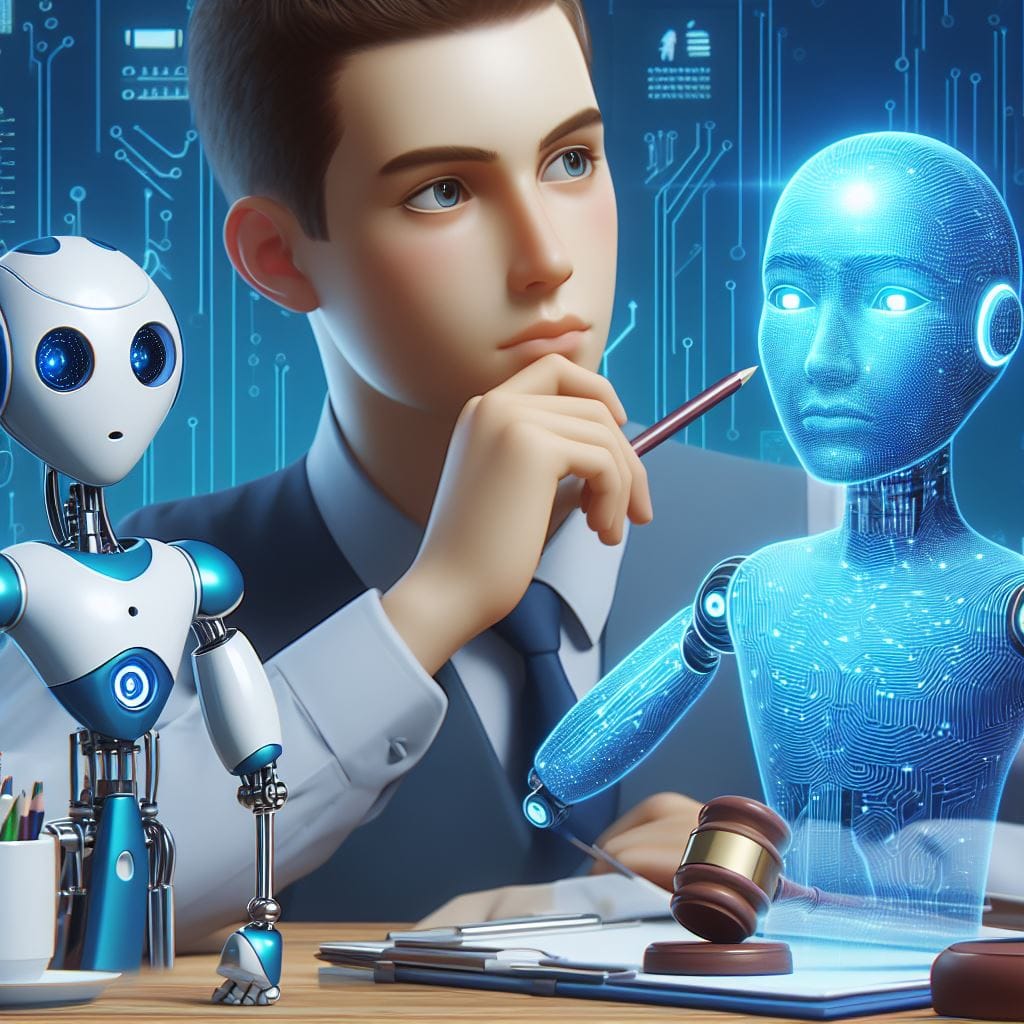The Ethical Considerations of AI Chatbot Development

The rise of AI chatbots has revolutionized how businesses interact with customers. These virtual assistants offer numerous benefits, from 24/7 support to personalized experiences. However, with great power comes great responsibility. As AI chatbots become more sophisticated, ethical considerations become paramount to building trust and ensuring responsible AI development.
Key Ethical Considerations for AI Chatbots:
- Transparency & Disclosure: Users should be clearly informed that they are interacting with a chatbot, not a human. Transparency builds trust and avoids misleading expectations.
- Data Privacy & Security: Chatbots often collect user data during interactions. Robust security measures and clear data privacy policies are crucial to protect user information.
- Bias & Fairness: AI algorithms can perpetuate biases present in the data they are trained on. Developers must actively mitigate bias to ensure fair and inclusive chatbot interactions.
- Accountability & Explainability: In case of errors or misunderstandings, it should be clear who is accountable – the chatbot, the developer, or the business. Explainable AI can help users understand the chatbot's reasoning behind responses.
- User Control & Choice: Users should have control over the level of information they share with the chatbot and the option to opt-out of interactions or data collection practices.
Strategies for Building Ethical AI Chatbots:
- Human-in-the-Loop Design: Incorporate human oversight for complex issues, ethical dilemmas, or situations requiring empathy that a chatbot may struggle with.
- Data Governance & Auditing: Implement robust data governance practices to ensure responsible data collection, storage, and usage. Regularly audit chatbot interactions to identify and address potential biases.
- Continuous Improvement & Learning: Continuously monitor and refine chatbot behavior based on user feedback and emerging ethical considerations in the field of AI.
The Benefits of Ethical AI Chatbot Development:
- Enhanced User Trust & Confidence: By prioritizing ethical considerations, businesses can build trust with users and foster positive chatbot interactions.
- Mitigated Risks & Legal Issues: A proactive approach to AI ethics helps mitigate potential legal and reputational risks associated with biased or misleading chatbot behavior.
- Sustainable & Responsible AI Adoption: Ethical development paves the way for the responsible and sustainable adoption of AI chatbots across various industries.
The Future of Ethical AI Chatbots:
The field of AI ethics is constantly evolving. Here's a glimpse into what the future holds:
- Standardized Ethical Frameworks: The development of industry-wide ethical frameworks for AI chatbots can provide clear guidelines and best practices for developers.
- User-Centric Design Principles: User needs and expectations will continue to be at the forefront of AI chatbot development, ensuring ethical considerations are woven into the design process.
- Advancements in Explainable AI: As explainable AI technology progresses, users will gain greater understanding of how chatbots arrive at their decisions, fostering trust and transparency.
Conclusion:
Building ethical AI chatbots requires a commitment to transparency, fairness, and user privacy. By prioritizing these considerations, businesses can harness the power of AI responsibly, create trustworthy user experiences, and position themselves as leaders in the age of ethical AI.
Ready to embark on ethical AI chatbot development? Contact us today to discuss how we can help you design, develop, and implement chatbots that are not only effective but also trustworthy and responsible.
